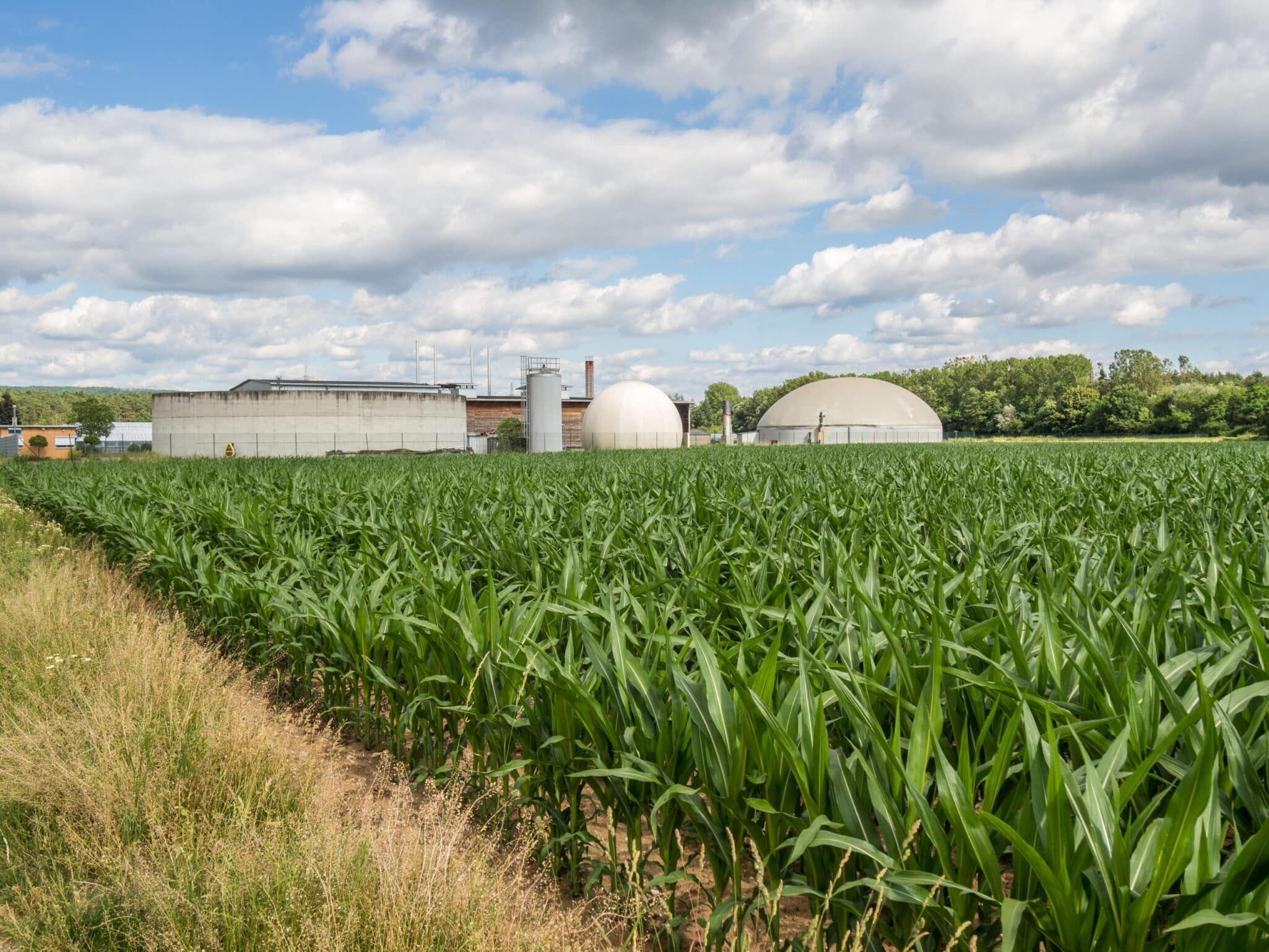
The way in which we use land has probably never been subject to more pressure and attention than it is today. We need land for living space, and to produce the food, fuel and fibre that a growing human population requires. The challenge for today’s farming sector, therefore, is to continue to increase productivity but to do so using fewer resources and with less environmental impact; working within our natural ecosystems rather than against them.
The UK aims to be world leader in agricultural technology, innovation and sustainability. Government expects a portion of the UK’s energy requirement to come from bioenergy to meet emissions targets. Biogas from the anaerobic digestion of crops is an efficient form of bioenergy, and it delivers additional benefits to farming, the environment and biodiversity. Thus, increasing numbers of farmers are integrating renewable energy into their businesses, including through anaerobic digestion.
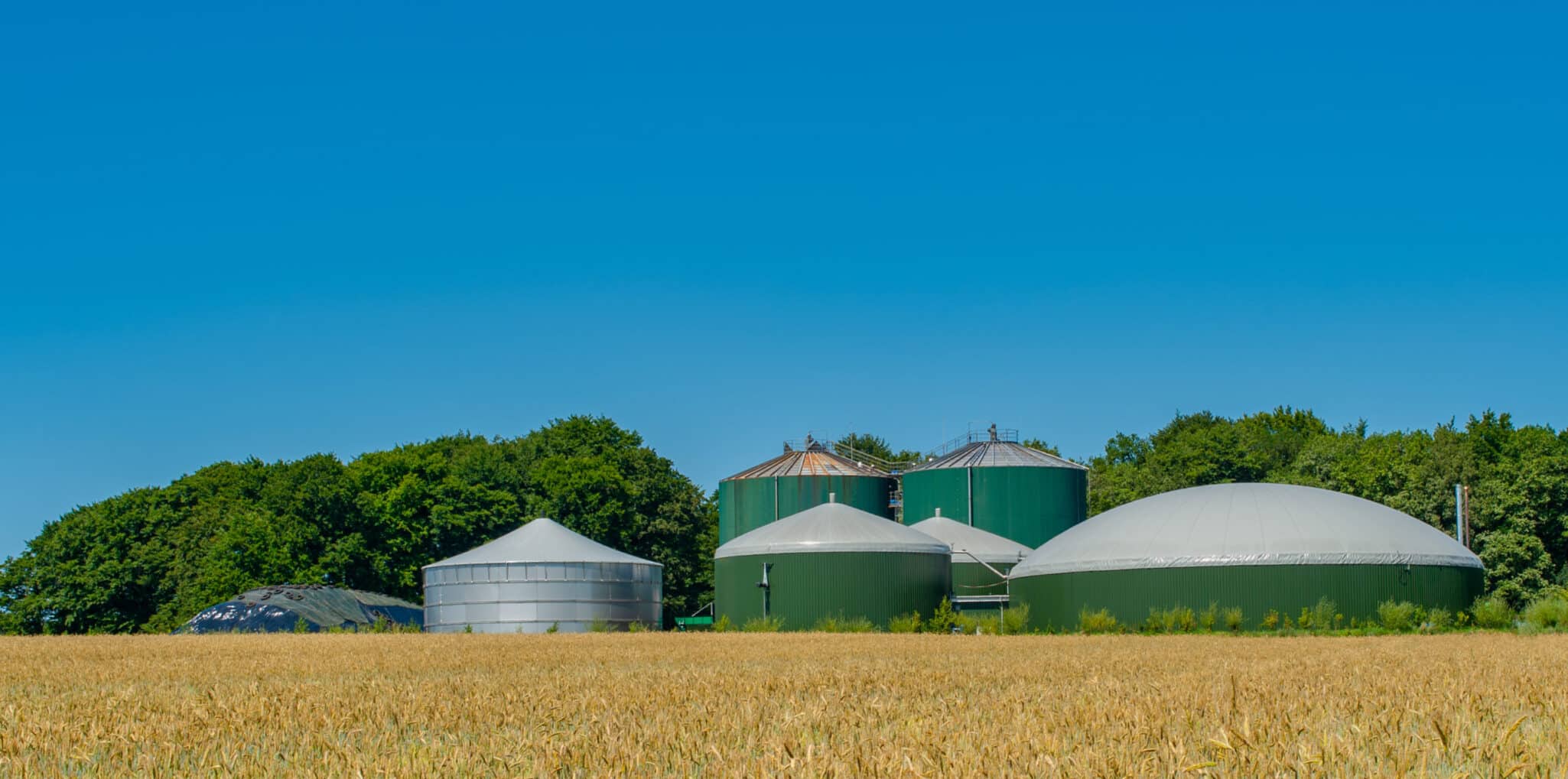
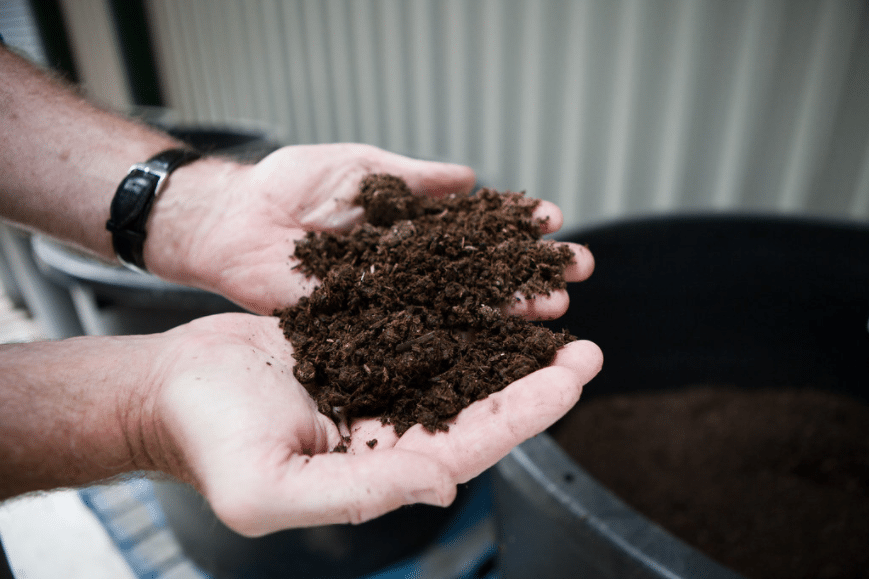
Using purpose grown crops (PGCs) for AD has several advantages, including the production of bioenergy which returns nutrients to land, and the benefit of crop rotation for food crops. Growing crops to produce bioenergy also aids pest and weed control by, for example, controlling the growth of blackgrass, plus it generates a low-carbon biofertiliser. Energy yields per hectare are also very high compared to other forms of bioenergy.
Concerns about monoculture and pollution or habitat loss can be addressed by adopting a code of conduct for farmers growing energy crops, and incorporating an assessment of compliance in the proposed pre-accreditation process for tariffs.
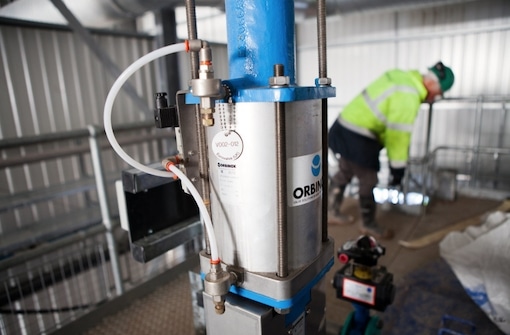
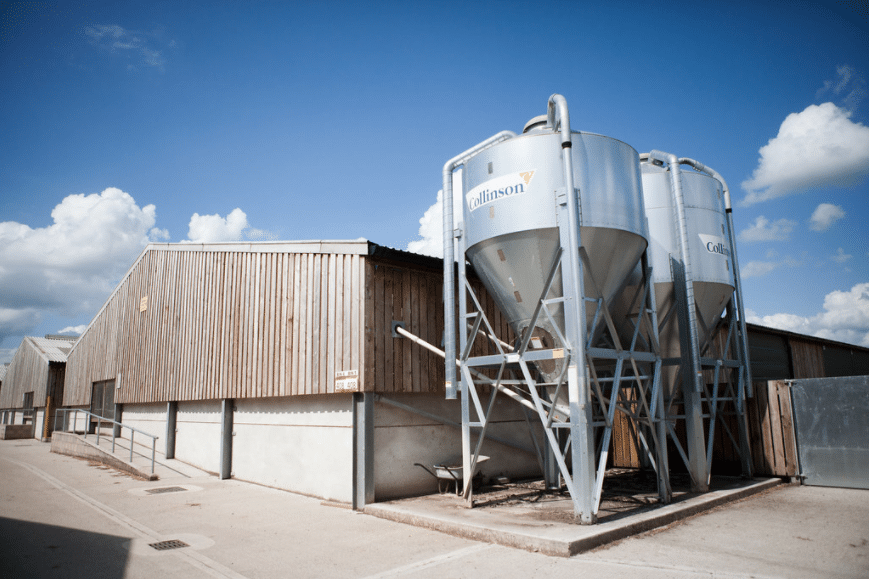
ADBA offers guidance to farmers and plant developers on mitigating environmental risks and realising environmental benefits from growing crops as feedstocks for anaerobic digestion. We advise on introducing new crops, lengthening crop rotations, local soil and climatic conditions, fertilisers, run-off, pest control, financing, equipment, measuring emissions and regulations.
Contact us today about our best practice guides and workshops.
